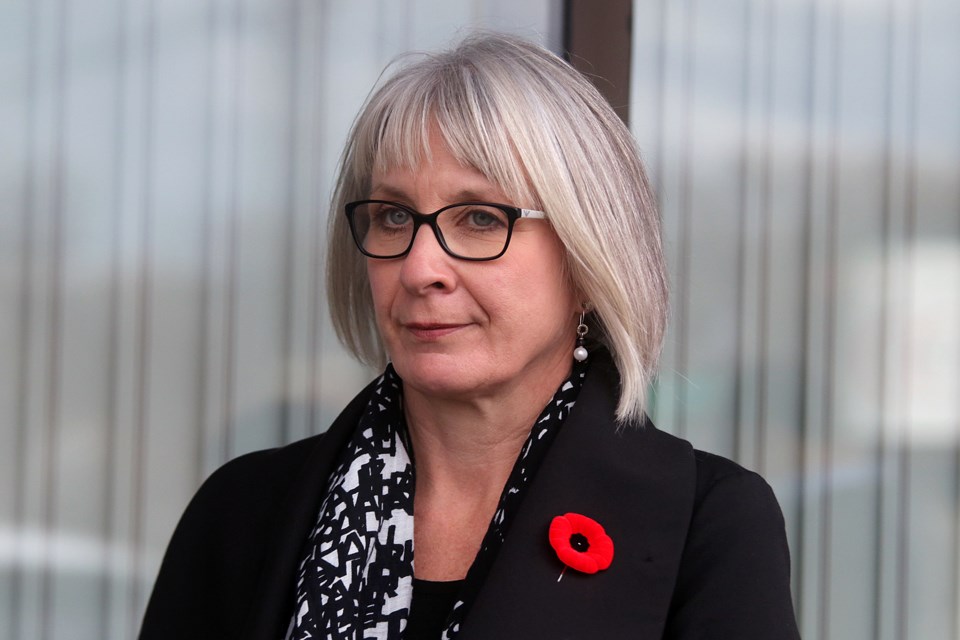THUNDER BAY – The federal government is spending $1.75 billion to ensure the availability of high-speed Internet capabilities to 98 per cent of the nation.
Health Minister Patty Hajdu on Monday said the money includes a $600-million agreement with satellite company Telsat to secure low-earth-orbit satellite capacity to improve connectivity and access to rural and remote communities across the country.
What that means for remote Indigenous communities in Northwestern Ontario remains to be seen.
Hajdu said it will be up to Matawa First Nation and Nishnbawbe Aski Nation to determine if they want to apply under the program, which for Indigenous communities covers 90 per cent of the cost.
“Certainly if Matawa is partnering with other cell service providers, or wants to actually look into this with partners that can provide, for example, satellite service, they will be very well positioned to do so. We know the need is great there and certainly I’ll be working with Indigenous leaders to make sure that they have what they need to find those partners,” Hajdu said.
The Liberal MP for Thunder Bay-Superior North said the COVID-19 pandemic truly brought to life the importance of high-speed Internet, noting there are too many areas of Canada where the service just isn’t up to the level of larger centres.
It became clear when employees started working out of their homes, where service wasn’t always adequate.
The Universal Broadband Fund is a chance to level the playing field for most of the country.
“Everybody needs access to high-speed Internet in order to meet these new challenges. Certainly it’s been a real challenge for Northern Ontario residents for many, many years,” Hajdu said. “Those without high-speed Internet have really felt, even more than others that are living in urban areas potentially with access to high-speed Internet, more profoundly. They felt the disruption in their lives.”
Liberal MP Marcus Powlowski said there are at least two projects in his Thunder Bay-Rainy River riding that he’s aware of, including the Lakehead Rural Municipal coalition, which is seeking to bring high-speed access to communities outside of Thunder Bay, including Neebing, O’Connor and South Gillies.
“Absent any government infusion of money, the economics just aren’t there for bringing Internet access to really remote areas,” Powlowski said. “The cost of bringing cable to their doorsteps is just so high. So it really takes some infusion of government money if we’re going to provide them with the service, which I think we’re increasingly aware is essential.”
Hajdu said they want to put an end to stories of families forced to sit in a parking lot to access Internet services to connect to school or essential services like tele-medicine, online banking, access to government services and supports.
It also affects business, which without reliable Internet, may not be able to effectively join the e-commerce world.
“We certainly hear that in Northern Ontario along the north shore,” Hajdu said, adding families also require means to stay connected.
“I think the experience of COVID-19 helped us understand that, even though we recognized its importance prior to the pandemic, that we need to do more to accelerate the work so that people can actually get connected to the Internet.”
The Universal Broadband Fund was announced in 2019 and the federal government has said it wants to connect all Canadians to the Internet by 2030. It’s expected to connect an additional 400,000 households by the end of 2023, a number that could triple by decade’s end.
High-speed Internet would mean all Canadians could have access to at least 50 megabits per second for downloads and 10 megabits per second for uploads.
